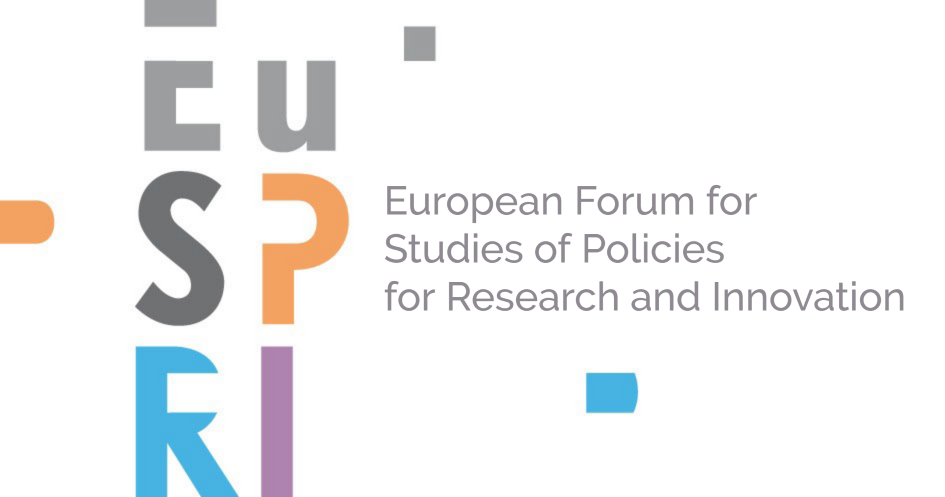GOSSART, Cédric (Valencia (ES) CSIC – UPV)
Transformative Innovation Policies and Social Innovation: Taking stock and moving forward
Authors: Alejandra Boni Aristizabal, Dr. Cédric Gossart, Álvaro Baldor Martinez, Sergio Belda Miquel
Keywords: Transformative Innovation Policies; Social Innovation; Sustainability transformation; Ecosystems; Digital social innovation; Resilience; Social practices; Systemic changes.
Abstract
This track seeks to explore the interplay between Transformative Innovation Policies (TIP) and Social Innovation (SI). Thermo-industrial revolutions have severely damaged a “safe operating space for humanity” (Rockstrom et al., 2009), and especially since the post WWII “great acceleration” (Steffen et al., 2011) humanity has come close or exceeded several planetary boundaries (Steffen et al., 2015), including the core ones of climate (IPCC, 2023) and biodiversity (Bansard et al., 2023).
STI policies have played a great part in these developments and require profound changes to contribute to sustainable futures. Social innovation research can provide a greater understanding of the dynamics of the transformation of STI policies into TIP. Besides, TIP can support the generation and diffusion of SI to leverage systemic changes.
Addressing societal challenges, as highlighted by Sustainable Development Goals or Horizon Europe, has fostered new approaches to science, technology and innovation policy oriented to solve complex challenges requiring systemic transformation. These are called third-generation innovation policies, defined as transformative innovation policies or third-generation mission-oriented innovation policies (Steward, 2012; Mazzucato, 2018; Schot and Steinmueller, 2018). Haddad et al. (2022) assert that this third generation necessitates a renewed emphasis on “directionality” (Diercks et al., 2019; Grillitsch et al., 2019), indicating that innovation should not be pursued merely for its own sake or for economic growth, but to tackle significant societal issues. This shift demands collaboration among numerous actors going beyond technological solutions (Kattel and Mazzucato, 2018). It also necessitates a different policy mix, incorporating new instruments, multilevel governance, new capabilities, and a focus on experimentation and learning (Kuhlmann and Rip, 2018; Weber and Rohracher, 2012; Schot and Steinmueller, 2018).
In recent years, SI has developed as a knowledge field of its own, which has much to contribute to TIP. In this call for papers, we see SI as processes of social transformation that are human-made and deliberate, namely “creative and purposeful changes in social practices” (Howaldt & Kaletka, 2023: xxv). Understanding social practices (Shove et al., 2012) is key to shedding light on SI, since “social change manifests as a change in practices” (Rabadjieva & Zirngiebl, 2023: 11). For example, SI can form ecosystems (Domanski et al., 2023) to ensure “the satisfaction of basic needs and changes in social relations within empowering social processes” (Boni et al., 2023: 186). What are the relations between TIP and SI? How can TIP contribute to the generation and diffusion of SI? How can SI be used to make STI policies more transformative?
We welcome contributions to the following topics:
• SI and the construction of TIP.
• TIP and the generation & adoption of SI.
• Forming and strengthening SI ecosystems through TIP.
• Using SI to change the practices of STI policy makers.
• How can SI help transform STI policy discourses?
• What types of learning processes are taking place in SI and TIP?
• How can SI improve STI policy evaluation?
• The role of SI in triggering systemic changes through TIP.
• Using SI to shape transformative imaginings of STI policies.
• The development of TIP experiments through SI.
• Digital social innovations and TIP.
• Partnering with third sector organisations to develop TIP.
• What contributions can SI make to increase the resilience of societies?
